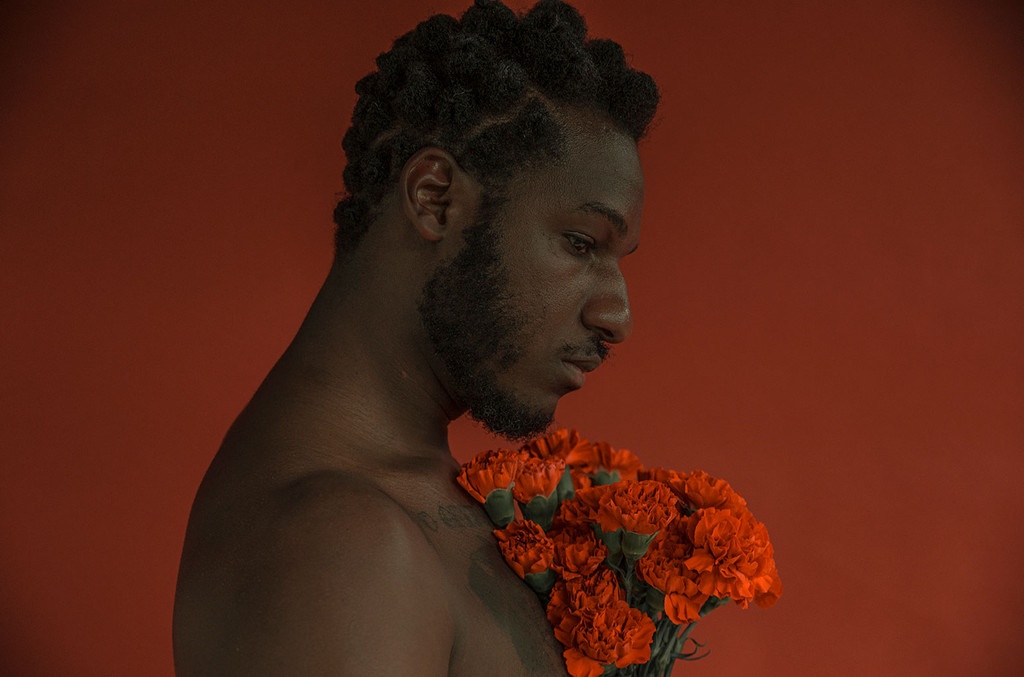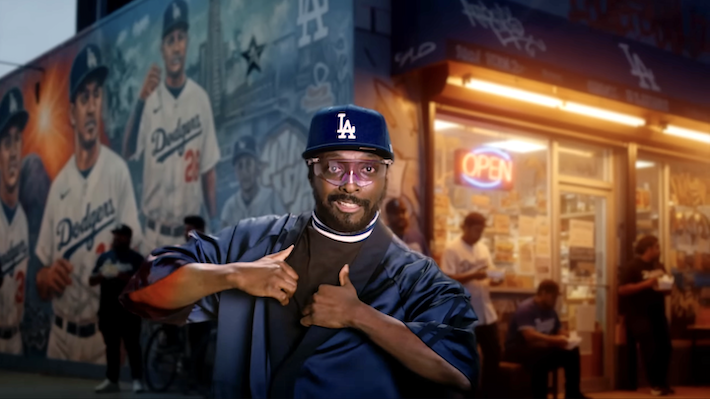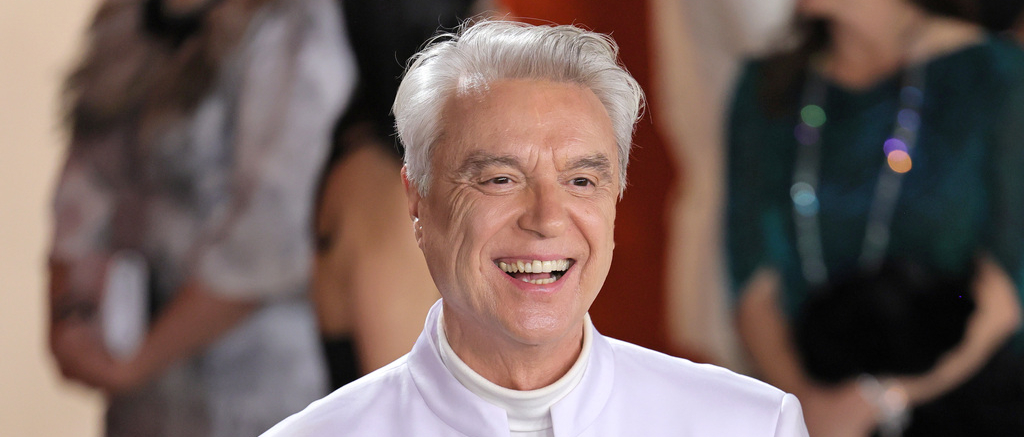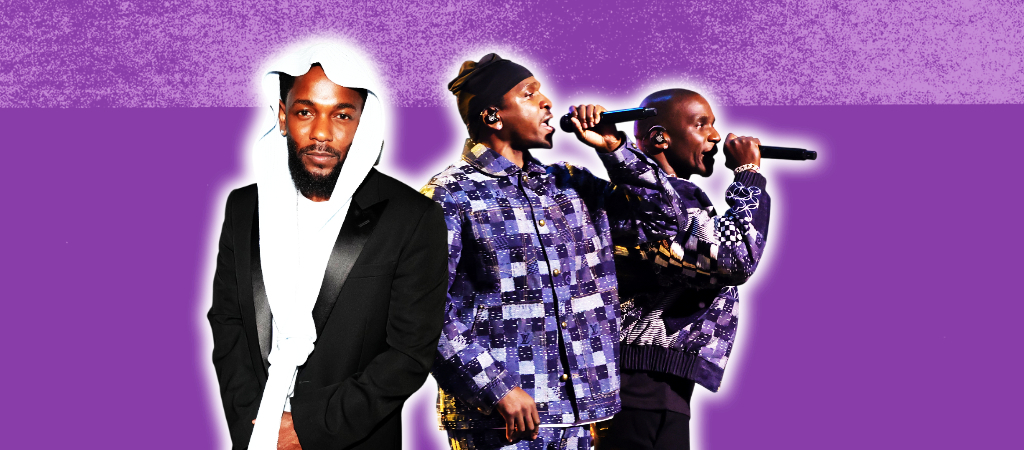In the music video for “Sweeter,” Leon Bridges’ new single with Terrace Martin, the singer-songwriter goes home — back to his old neighborhood on the Southside of Fort Worth, Tex., back to the Black community that helped him grow up. Old friends are featured in the clip, as well as Bridges’ father. “This is a celebration of our Blackness,” Bridges says of the video in a press statement.
And yet the tone of “Sweeter” is far from celebratory: written from the perspective of a black man taking his last breath, the song prods the listener into action by meditating on long-standing, unacceptable racial injustice. “Why do I fear with skin dark as night?” Bridges asks on the track. “Can’t feel peace with those judging eyes.” Written last year, Bridges and Martin decided to release “Sweeter” in light of the national protests following the police killing of George Floyd, and the song has contributed to a tapestry of recent releases that speak to the Black experience in modern America.
Bridges, a Grammy winner whose last album release was 2018’s Good Thing, tells Billboard that “Sweeter” is a contribution to a greater cause — and that he wants to find ways to do even more. As part of Billboard’s “Why I Protest” series, he spoke about the song’s reception, and putting in the work in the community that’s highlighted in its video.
What have the past few days been like, getting reactions from the song and video?
I’ve just been basking in all of the love. It’s amazing to see the harvest, in a way, of all the hard work that we put in over the years. The reactions have been so overwhelming, and humbling, just to see people really connect to the song. I was just talking to Terrace Martin the other day, and he told me that Young Thug hit him up and Don Cheadle hit him up about the song, and it’s like, wow. It’s dope that that song specifically is resonating with a lot of heads.
Can you describe the emotional toll of the past few weeks?
I mean, I’ve been heartbroken. It’s an accumulation and constant narrative of black men dying in the hands of police. And in the past I’ve been numb to those things, but seeing Ahmaud Arbery and George Floyd was a tipping point for me. That fired me up. I’ve been writing about the issues within the black community. … A song like “Sweeter,” I wrote that last year, and it’s a perpetual narrative. I think it’s unfortunate that that story is still relevant, but at the same time, I’m still optimistic because it’s been amazing to see everyone come together to fight for equality.
What would you say to the protestors around the country and the world, especially a few weeks into the process of protesting, where they’re still so passionate about these issues?
I think protesting was a good initial first step, but I also think that we should definitely look for other effective ways to help bring equality. I don’t have those answers or what that is, but I even look within myself. That’s why this whole time, it’s been overwhelming, because I’m looking within myself and asking, how can I serve, outside of writing songs?
I believe that we all have a role in this race for equality. I believe that God put me on this earth to speak about those things through music. I want to find ways to bring change within my own community. I don’t really have the perfect advice for the protestors, but that’s kind of how I feel.
What have the conversations been like with the people in your community, many of whom were featured in the “Sweeter” video?
A lot of my friends are just really fired-up and passionate. That whole experience was full-circle, to be able to come back to the neighborhood that I grew up in and to include some of my day-one friends, and some of the gangsters of Southside Fort Worth. We’re all just trying to plan, to think of ways to make a change in the community. But I think we’re all on the same page, emotionally — being heartbroken, but figuring out how to make a difference.



